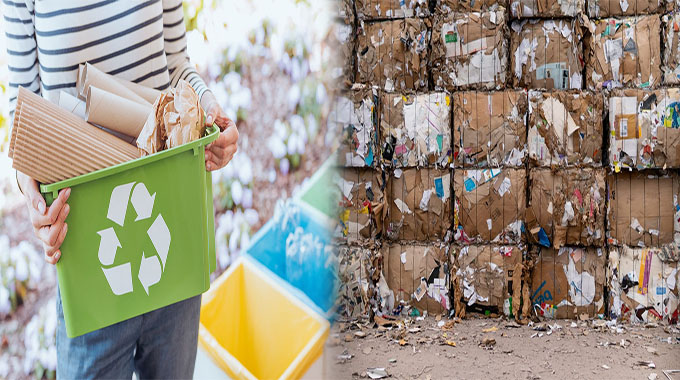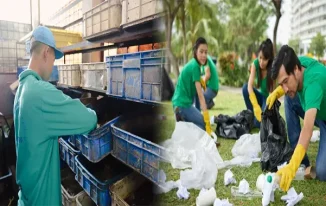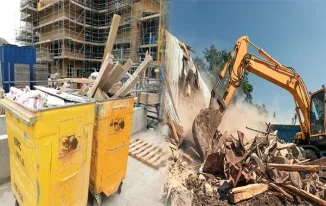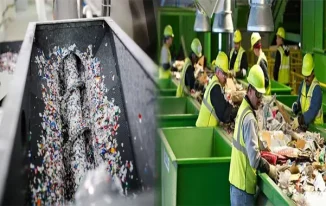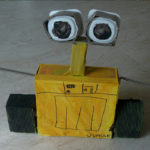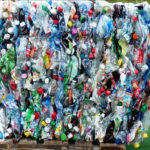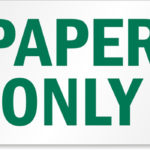Recycling is a great way to help the environment. But if you’re not well organized, it can be easy to forget about recycling until your recycling bin overflows. The good news: simple changes to your daily routine can lead to more consistent paper recycling. Here are five tips for improving your paper recycling habits:
Buy less paper.
- Buy less paper.
- Recycle your own documents and use them for something else.
- Use online banking and digital versions of documents instead of printing out copies that you’ll never read again anyway.
Keep your paper well organized.
To keep your paper well organized, you should:
- Keep it in a container. Having a designated place for all of your paper is the first step toward being able to find it when you need it. The second step is making sure that container is near where you use the most amount of paper, so that when it comes time to recycle or reuse those sheets, there won’t be any unnecessary trips back and forth across the house (or workplace).
- Clean out before refilling. If possible, empty out all old papers before refilling with new ones–this will help keep things tidy without requiring extra effort on your part! Otherwise just take care not too let things get too cluttered inside; otherwise they may get stuck together as they try their hardest not come apart again after being separated from each other once already (and who knows what kind of messes might happen if two pieces got stuck together?).
Use a shredder.
Shredding is an important step in the recycling process. It reduces the risk of identity theft, it reduces the chances you’ll need to dispose of your waste after a fire, and it helps keep your home from becoming a paper storage facility.
Shredding also makes it easier for businesses to recycle paper because they can sell it in smaller pieces rather than large chunks. This makes this material more valuable to buyers who want to use recycled products but don’t have room for them all at once (or even within one day).
Recycle often.
If you’re going to be recycling a lot of paper, it’s best to have a plan in place. You should check local recycling guidelines and find out what the schedule is with your landlord or building manager. You will also want to make sure that you are recycling the right things–not just any old piece of paper will do! It may seem obvious, but don’t forget about tissues, napkins and cardboard boxes (the ones with food stains on them).
Recycling is easy, but it takes a little bit of planning to make it happen on a regular basis
Recycling is easy, but it takes a little bit of planning. You can’t just throw your paper away every day, and then expect to recycle one day a week. You need to plan ahead and make sure you have enough room in your recycling bin.
Recycling paper can be a little bit confusing, but it’s not as hard as it seems. The most important thing is to just get started! Once you’re in the habit of recycling, it becomes second nature. And once you start seeing how much money and time goes into making new paper products out of old ones, there will never be any question about whether or not they belong in your home or office building–they do!

